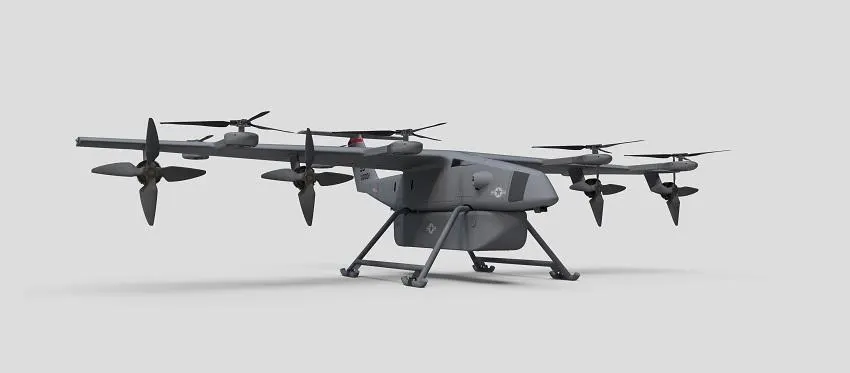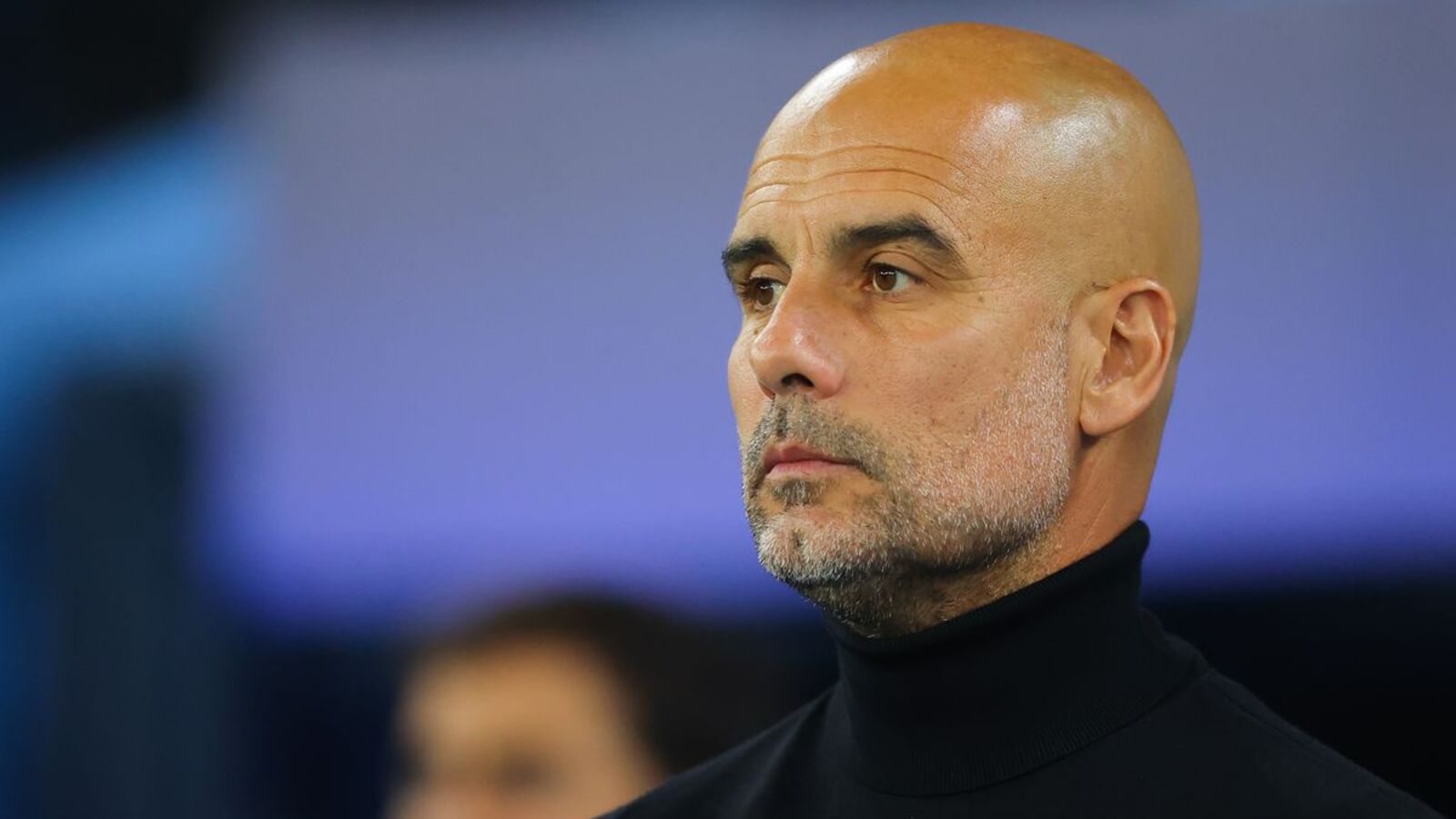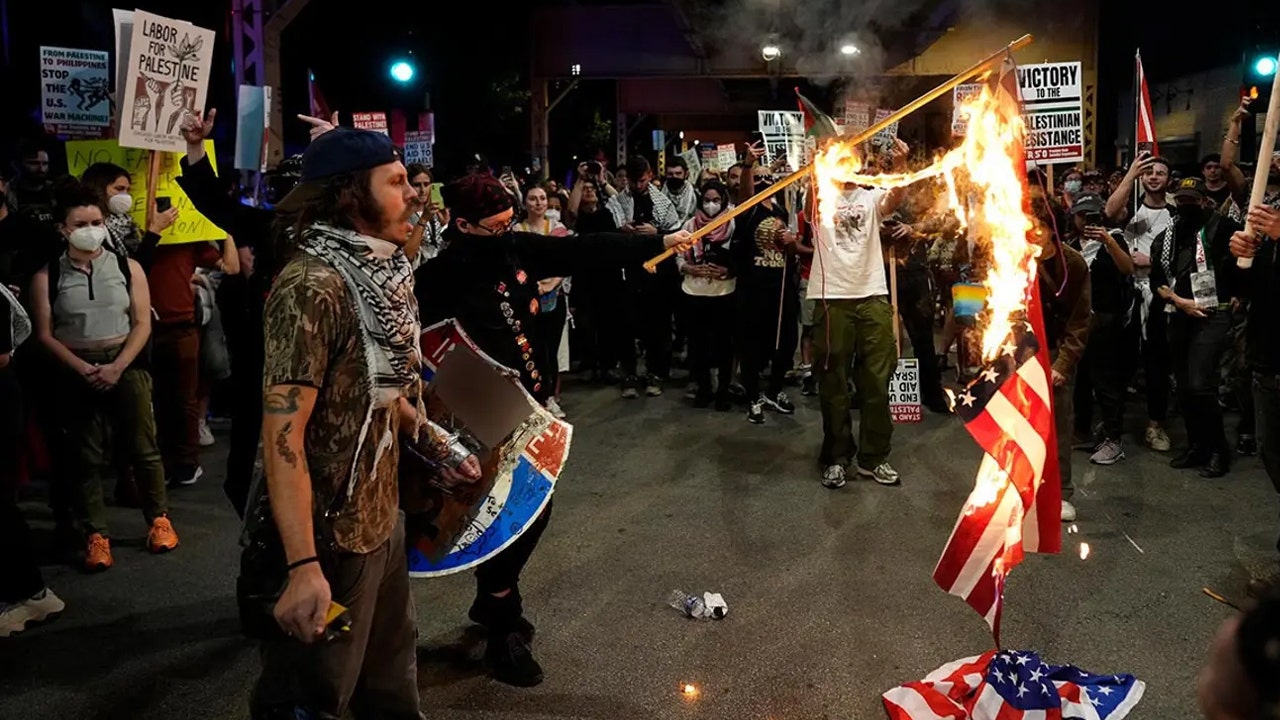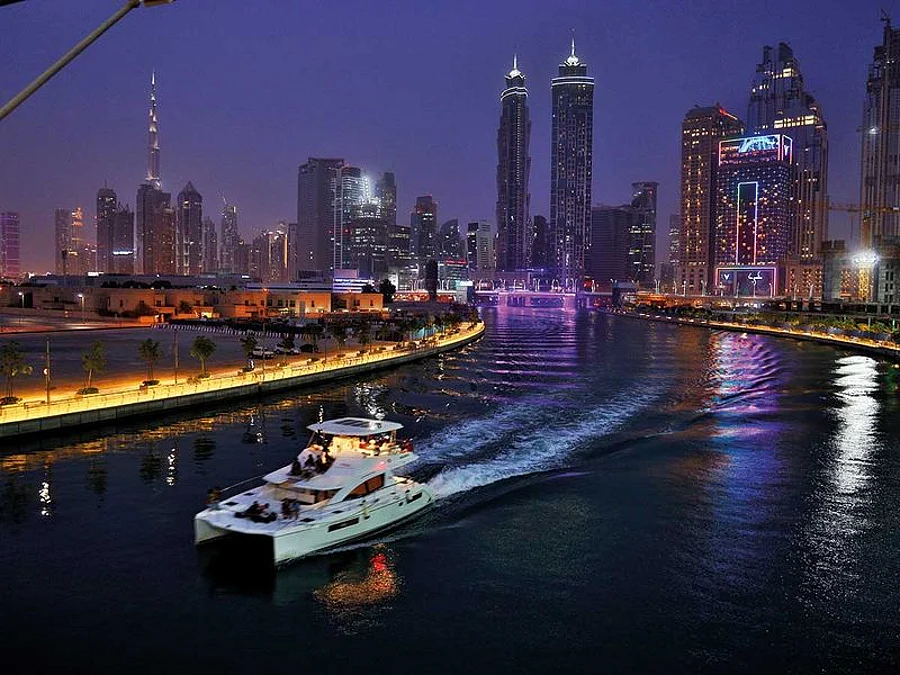By Ed Garsten,Kratos Defense,Senior Contributor
Copyright forbes

Rendering of Elroy Air Chaparral cargo-carrying autonomous vertical takeoff and landing aircraft to be built in the U.S. by Kratos Defense and Security Solutions Inc.
Nine years after its founding, the autonomous vertical takeoff and landing aircraft company named for the son of fictional futuristic family the Jetsons, has found a partner to produce its cargo-carrying drones.
Northern California-based Elroy Air has chosen Kratos Defense and Security Solutions Inc. as the exclusive U.S. manufacturer of its Chaparral autonomous, hybrid electric cargo delivery aircraft, the company announced Tuesday.
Elroy Air Chaparral autonomous vertical takeoff and landing aircraft during a test flight, in the vicinity of a bird in flight.
The Chaparral is designed to autonomously pick and drop off pods packed with up to 300 pounds of cargo, with a flying range over 300 miles.
The aircraft features distributed electric propulsion, with eight vertical lift rotors, four forward propellers for cruise flight, a high-wing airframe configuration. Its airframe is fabricated using carbon composite materials.
While able to fly autonomously, the Chaparral can also be piloted remotely when necessary to comply with government regulations.
A key feature of the Chaparral is it does not require an airport or runway to takeoff or land, giving it the ability to make pickups and drop-offs in remote areas.
MORE FOR YOU
Kratos was chosen based on its experience producing jet-powered composite unmanned aircraft for the U.S. Department of Defense and its recent expansion to its support next-generation drone production, according to Elroy’s leaders in a joint interview.
The San Diego, California-based manufacturer will also provide important financial support.
“They will invest their own capital in preparing the production capability, and then switching that on, and all the lessons they’ve learned, and all the composite airframe production they know how to do, and they’ve done it thousands of times already,” said Elroy Air founder and executive chairman Dave Merrill. “We just get to draft off of all of that experience and expertise.”
“Elroy Air’s market opportunity for Chaparral is already large and continuing to grow. With this growth, Kratos is ideally suited to transition the system to production,” added Steve Fendley, president of Kratos Unmanned Systems Division, in a statement.
It’s a five-year deal with initial production set to begin in late 2026, then scaling up in 2027, the same year the first deliveries are expected, according the Elroy Air CEO Andrew Clare.
Kratos will begin Chaparral production at its Sacramento, California facility, transitioning “over time” to one in Oklahoma City, Oklahoma, the companies said.
Elroy Air is looking forward to taking advantage of Kratos’s ability to build aircraft as its order book fills.
“We have a lot of demand. At the moment. We have 1,500 units of demand for Chaparral that are in our backlog that we need to start delivering to our customers,” said Clare.
While declining to reveal where the first Chaparral’s will be delivered, Clare offered a hint, saying “we have partners who have put cash deposits down to reserve early production slots and Bristow group is one of those partners.”
Bristow is Bristow Group Inc., one of the world’s leading vertical air services companies that uses mainly helicopters.
Among Elroy’s other major commercial customers are LCI Aviation and FedEx, according to Clare. On the defense side, Elroy has several contracts with the U.S. Army and U.S. Air Force and has done work with the Marine Corps.
Indeed, those defense dealers were an important factor in choosing Kratos to build the Chaparral.
“I see this partnership with Kratos as a way to show especially the defense community, hey, we’re ready. We can, we can ramp this vehicle into high volume production as needed,” said Merrill.
Elroy Air was founded in 2016 in San Francisco by Merrill and Clint Cope and has since expanded to a facility about an hour east at the airport in Byron where it can execute test flights.
Last January Merrill stepped aside as CEO taking on a more advisory role, giving way to Clare.
This past July, Chaparral reached a major milestone making its first “transition” flights, going from vertical takeoff to horizontal flight. Each flight was about two-and-a-half miles at speeds of up to 70 miles per hour.
Since then, the test flights have grown to more than 25 miles, according to Clare with the intention of eventually achieving the original goals of traveling more than 300 miles with 300 pound loads.
For Elroy Air’s co-founder, this new manufacturing partnership, is still another major milestone. Although ground-based, it’s a big step towards putting Chaparrals in the air, declared Merrill.
“This is a team that we like their ethos, like they have a hard working move-fast culture over at Kratos.”
Editorial StandardsReprints & Permissions



